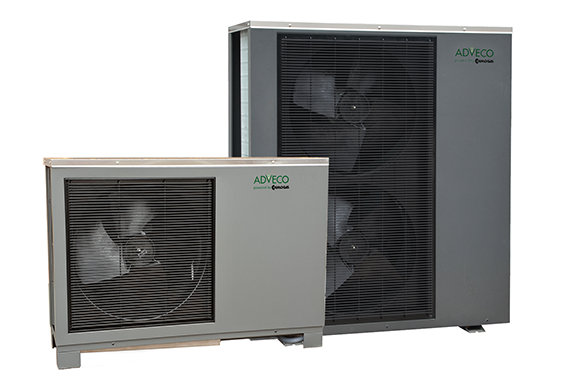The Route to a Green Grid
Decarbonisation of gas supplies is seen as a necessary step towards meeting the UK’s carbon reduction targets, including the net zero greenhouse gas emissions target by 2050. A new round of consultation from the Department for Business, Energy and Industrial Strategy (BEIS) has laid out a structural proposal, the Green Gas Support Scheme, to be … Read more

















